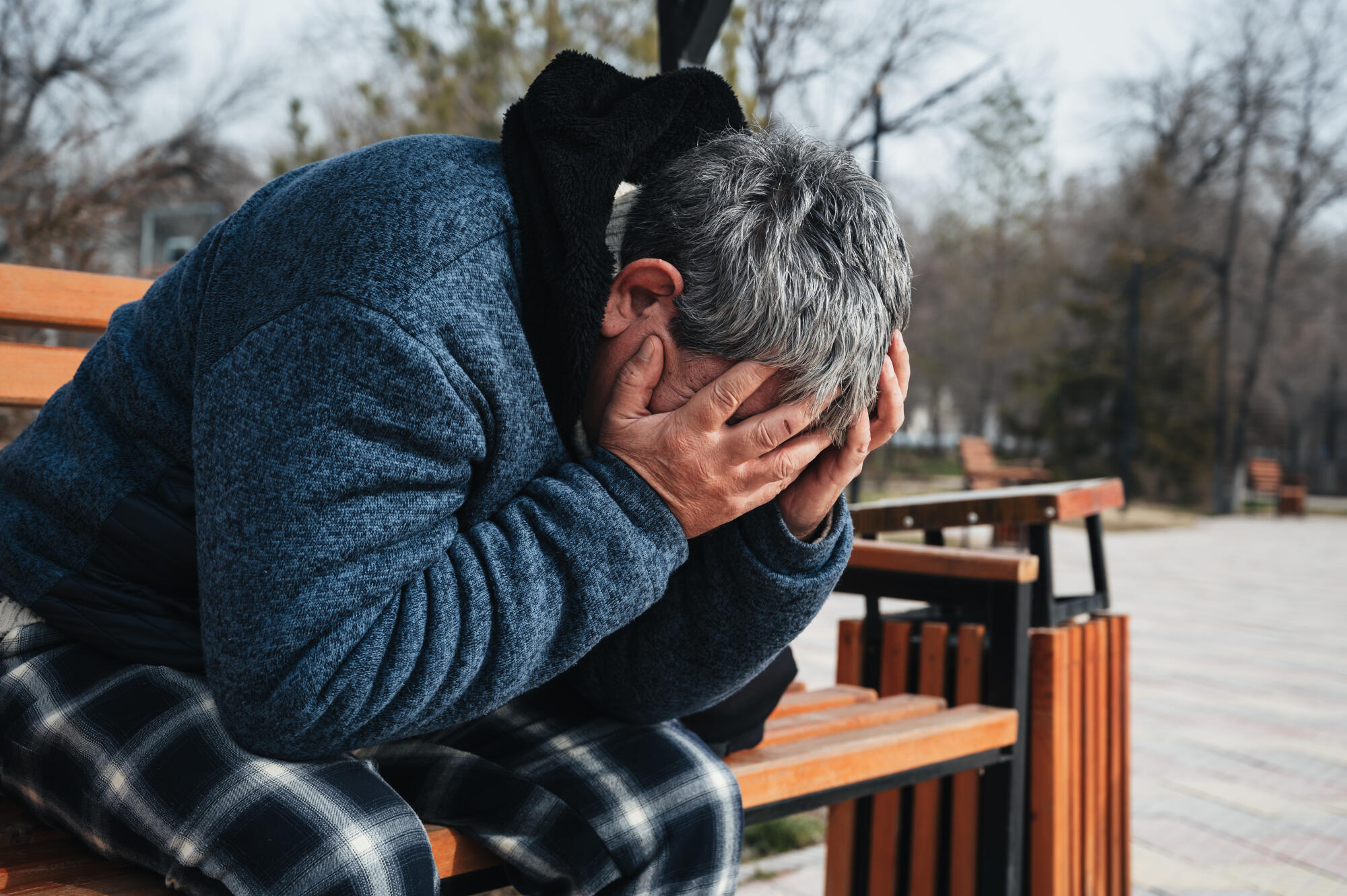As the seasons change, so do the needs of our aging loved ones. Shifts in temperature, daylight, and weather can affect a senior’s energy, mobility, and even mood. These changes may seem small, but they can influence daily routines, safety, and long-term health.
By paying attention to these seasonal effects, families and caregivers can plan ahead and give seniors the support they need to stay active, comfortable, and confident all year long. Keep reading to discover how each season shapes senior health-and how simple steps can make a big difference.
How Seasonal Changes Affect Health
Changes in temperature, humidity, and daylight hours can all contribute to variations in senior health. For older adults, these shifts may worsen existing conditions or create new challenges. Let’s explore some common health concerns influenced by the seasons.
Winter
Cold weather raises the risk of flu and respiratory infections in seniors. Icy paths and walkways can limit movement and increase the chance of falls. Staying warm and indoors for long periods may also reduce physical activity.
Spring
Rising pollen levels can trigger allergies and breathing issues. Seniors may feel more tired or sluggish due to sinus pressure and poor sleep. Extra care is needed for those with asthma or existing respiratory conditions.
Summer
High heat can lead to dehydration and heat exhaustion in older adults. Seniors often struggle to regulate body temperature, making hot days more dangerous. Light clothing, shade, and regular hydration become essential.
Fall
Shorter days can lead to less outdoor movement and fewer social activities. Reduced sunlight may affect mood and energy levels. The drop in activity can contribute to weight gain and lower fitness.
Energy Management Throughout the Year
Seasonal changes can affect a senior’s energy and mood. Short winter days may cause low motivation, but light therapy, daylight activities, and indoor exercise can help boost energy. These simple habits make it easier to stay active in colder months.
In summer, staying cool and hydrated is the priority. Drinking water often, resting in shaded or cool places, and wearing light clothing can prevent fatigue. These steps help seniors stay safe and comfortable in hot weather.
Preventing Illness All Year Round
Preventive care helps seniors stay healthy throughout the year by managing chronic conditions and keeping vaccines up to date. Eating seasonal fruits and vegetables, staying active, and doing strength exercises support overall wellness. Staying socially connected also protects mental health and reduces feelings of loneliness.
Investing in Wellness During Seasonal Transitions
Taking proactive steps to understand how seasons affect health can improve a senior’s quality of life, especially for those who may experience reverse seasonal affective disorder in warmer months. By managing energy levels, staying on top of preventive care, and eating well, seniors can stay healthy all year.
Responding to seasonal changes protects both the body and mind, helping seniors feel their best. With simple planning and awareness, every season becomes easier to enjoy.
Stay Ahead of Seasonal Changes
Supporting senior health is not just about reacting to changes, but preparing for them. Each season brings new challenges, and the right care can turn them into opportunities for better comfort, mobility, and peace of mind. Our team provides guided support, practical solutions, and personalized wellness plans that help seniors thrive in every season.
Take the next step toward year-round wellbeing by connecting with experts who understand what seniors truly need. For more helpful tips and insights, keep exploring our blog.

